For every athlete, winning an Olympic gold medal is the dream of a lifetime. However, many athletes spend their entire careers chasing this dream, only to be left with regret.

Compared to these individuals, Chen Xuexia was incredibly lucky, as she managed to win a gold medal at the 2008 Olympics despite being injured.
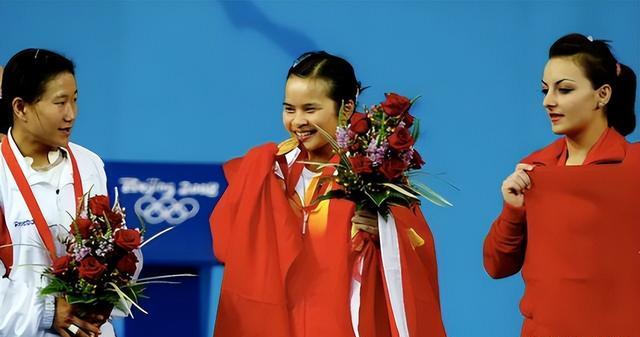
This resilience earned her admiration from many, but what was unexpected was that Chen Xuexia had actually cheated to win this gold medal. After being investigated, she has since disappeared without a trace.
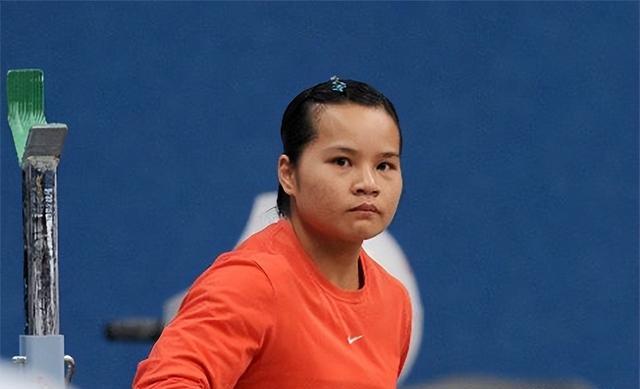
What cheating methods did Chen Xuexia use? And why did she cheat?
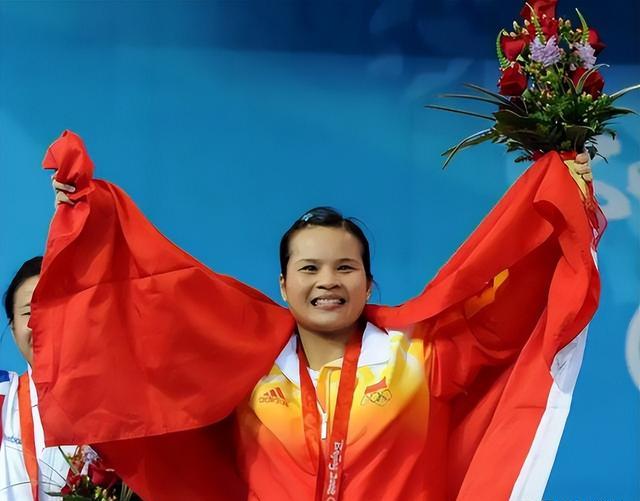
The Amazing Feat at the Beijing Olympics

In 2008, the Beijing Olympics arrived as scheduled. Weightlifting has always been a traditional strength for the Chinese team, but in the women's 48-kilogram event, China had missed out on the gold medal for two consecutive Olympics.

This time, the Chinese weightlifting community pinned their hopes on two athletes: veteran Yang Lian and newcomer Chen Xuexia.

However, just before the opening of the Olympics, Chen Xuexia suffered an accidental injury during training, which appeared to be quite serious. When everyone thought that Chen Xuexia would not be able to participate in the Olympics, a miracle occurred.

On the last day of Olympic registration, Chen Xuexia's injury miraculously healed. After careful consideration, the coaching staff decided to replace Yang Lian with the in-form Chen Xuexia.

On August 9, 2008, the women's 48-kilogram weightlifting final at the Beijing Olympics kicked off at the Beijing University of Aeronautics and Astronautics weightlifting hall.
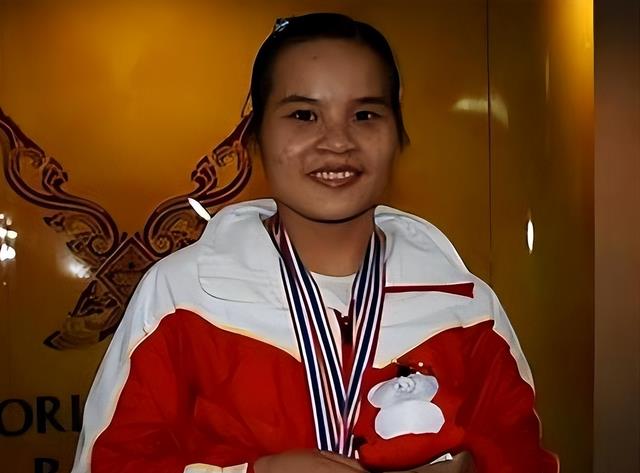
Chen Xuexia excelled in the snatch event, easily winning with a score of 95 kilograms. Then, in the clean and jerk event, Chen Xuexia put on an astonishing display with a lift of 117 kilograms, bringing her total score up to 212 kilograms.

This not only broke the world record for the category but also won the championship and achieved a breakthrough for the Chinese weightlifting team in the Olympic "zero" in this category.
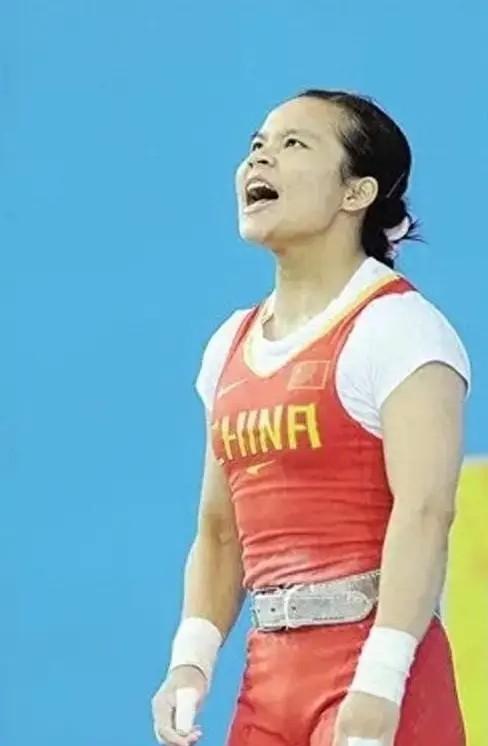
As Chen Xuexia stepped down from the podium after the competition, the audience erupted in applause to pay tribute to this Chinese girl.
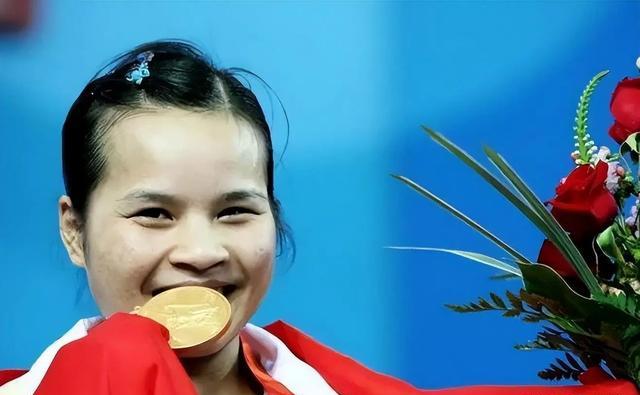
At that moment, Chen Xuexia's face was filled with a brilliant smile. She knew that she had lived up to expectations and had not let down her country and people.

At the age of 9, Chen Xuexia was selected by a local sports school coach and began her career in weightlifting training. The initial training was extremely arduous, with several hours of high-intensity training each day causing young Chen Xuexia immense suffering.

Standing in a horse stance and lifting heavy objects, repeated training sessions left her legs and arms in constant pain. Faced with such torment, Chen Xuexia considered giving up several times, but with the encouragement of her coaches and family, she gritted her teeth and persisted.

At the age of 16, Chen Xuexia encountered the first bottleneck in her career. Her performance stagnated and even declined, ultimately leading to her being demoted back to the Guangzhou Sports School from the provincial team.
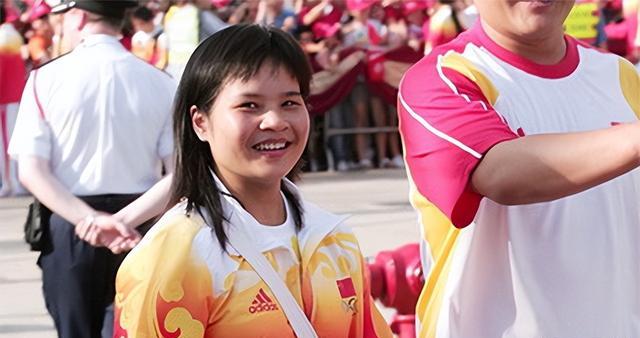
Just as Chen Xuexia was about to give up her weightlifting career, she met her life-changing mentor, Coach Gao Kaiwen. Under Gao's meticulous guidance, Chen Xuexia reignited her fighting spirit.
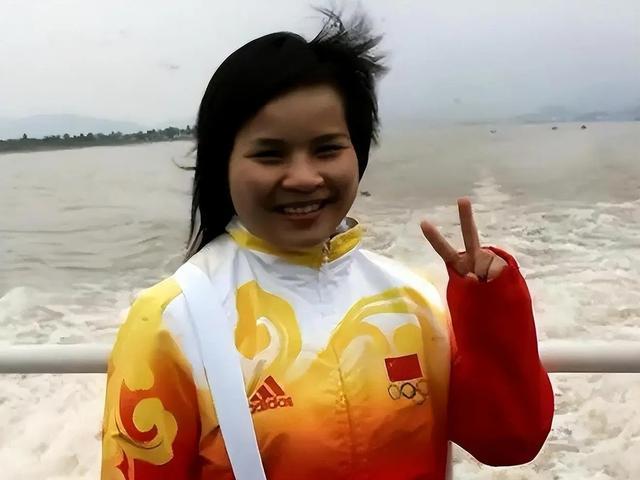
Finally, on the Olympic stage, Chen Xuexia fulfilled her long-held dream, which could be considered a reward for her efforts.

Chen Xuexia quickly became known as a "national hero," and various commercial endorsements came pouring in.
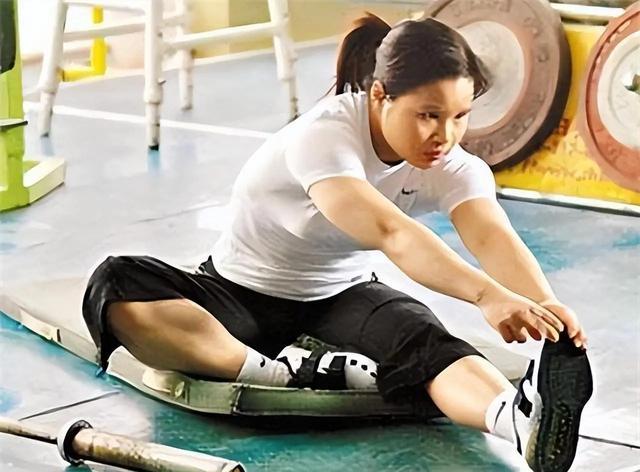
Despite appearing to be basking in glory, there was actually a shocking secret hidden behind it all, like a ticking time bomb that could destroy everything at any moment.

The Gold Medal Tarnished, the Hero Vanishes
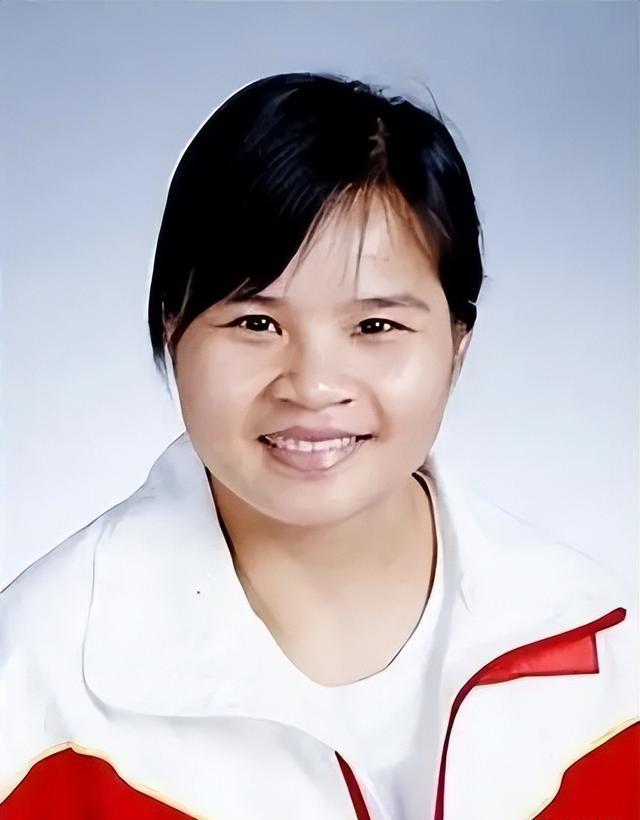
Eight years later, in 2016, the International Weightlifting Federation retested the urine samples of athletes from the 2008 Beijing Olympics. The results of this test shocked the world, with a total of 15 athletes testing positive, including Chen Xuexia.

This meant that the glorious achievements she attained on the Olympic stage were built upon the foundation of taking banned substances. This news was like a thunderbolt that brought Chen Xuexia crashing down from her lofty position.
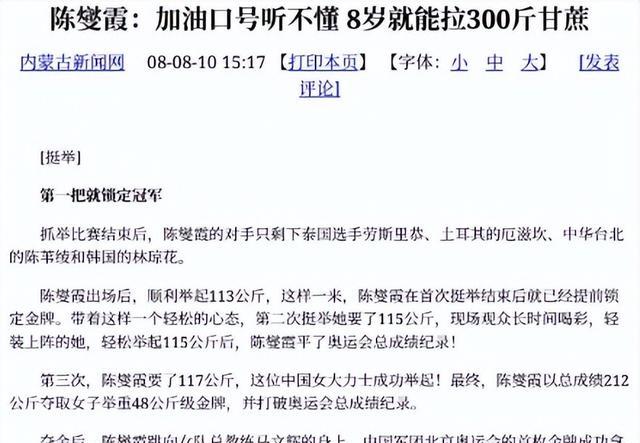
Chen Xuexia was found to have used a drug called GHRP-2, which promotes the secretion of growth hormone.
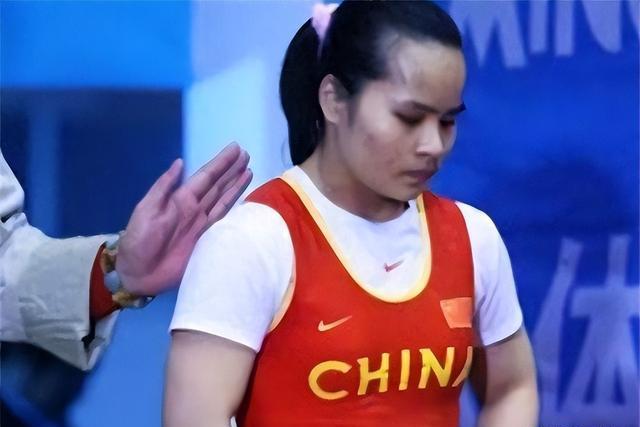
This drug stimulates the pituitary gland to release growth hormone, enabling athletes to enhance their strength and explosive power within a short period. It acts like invisible "adrenaline," significantly improving athletic performance.

Using such drugs clearly defiles the spirit of sports and undermines fair competition. Due to failing the drug test, the International Olympic Committee revoked Chen Xuexia's Olympic gold medal and imposed a ban on her.
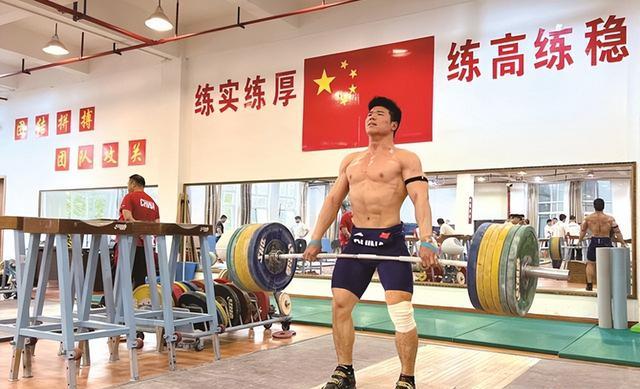
Although she was already in her thirties and unlikely to continue competing, this punishment was necessary to safeguard the fairness of sports and serve as a warning to other athletes.
Upon the release of this news, public opinion was in an uproar. The once-praise and adulation turned into questions and accusations overnight.
People criticized Chen Xuexia for tarnishing the honor of Chinese sports and damaging the fairness of sports. Faced with waves of negative comments, Chen Xuexia chose to remain silent and no longer speak out, thus disappearing from public view.
In fact, before the exposure of the drug testing scandal, Chen Xuexia had already begun her reclusive life.
Retreat from Public Life
As early as the end of 2011, she married quietly and started a new life. Despite having her gold medal stripped away, the prize money, endorsement fees, and other rewards she had previously received were enough to ensure a comfortable life for her.
After the incident came to light, she did not choose to respond publicly. Perhaps this was because she had already bid farewell to her identity as an athlete and let go of her former glory and pride.
The International Olympic Committee's decision to retest athletes' urine samples eight years after the event demonstrates their determination and strength in maintaining fairness in sports.
In addition to Chen Xuexia, athletes from other countries were also found to have taken banned substances during this retesting, reflecting the prevalence and severity of the doping issue in competitive sports.
Liu Chunhong and Cao Lei were also stripped of their medals for the same reason, reducing China's gold medal count from the 2008 Beijing Olympics from 51 to 48.
The rapid development of medicine poses new challenges to the field of sports competition. Some new drugs have very covert effects, making them difficult to detect with the testing methods available at the time.
This was one of the reasons why Chen Xuexia and others were able to pass pre-competition urine tests. However, technological advancements have also led to the continuous updating and improvement of testing methods.
"An inch higher than the devil, a foot higher than the Tao," any attempt to gain an unfair advantage through the use of banned substances will ultimately be caught by the law.
Conclusion
The allure of sports lies in fair competition, in challenging oneself and surpassing limits. Any attempt to achieve success through shortcuts will ultimately come at a cost.
For athletes, taking banned substances not only violates sports ethics but also harms their own health, resulting in losses outweighing gains.
The sports community and the IOC should work together to create a fair competitive environment and encourage athletes to pursue their dreams through hard training and proper competition.
Although many years have passed since the Chen Xuexia incident, the lessons she left behind are still worth our deep reflection. We hope that in future sports arenas, similar tragedies will not occur.
We hope that every athlete can showcase their abilities and chase their dreams in a fair competitive environment, allowing the brilliance of the spirit of sports to shine forever.